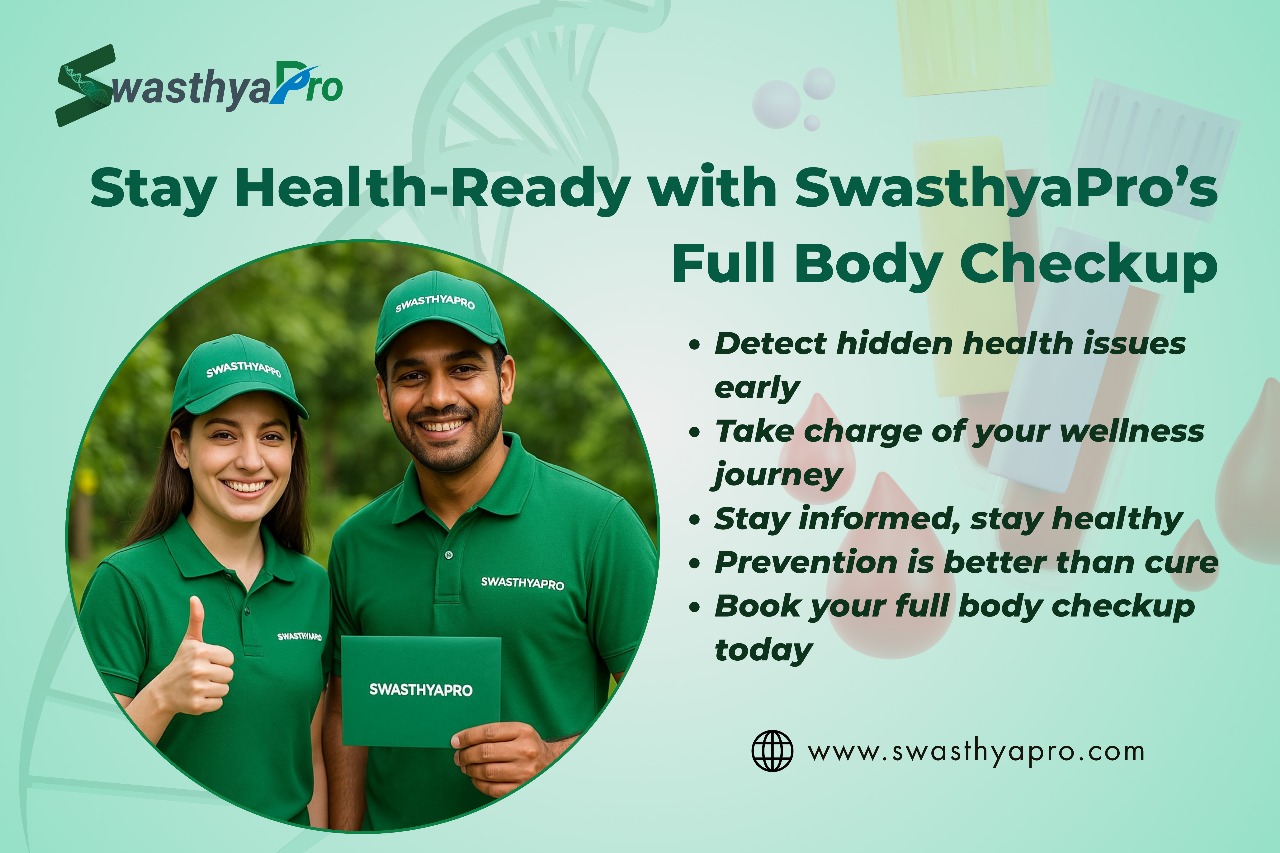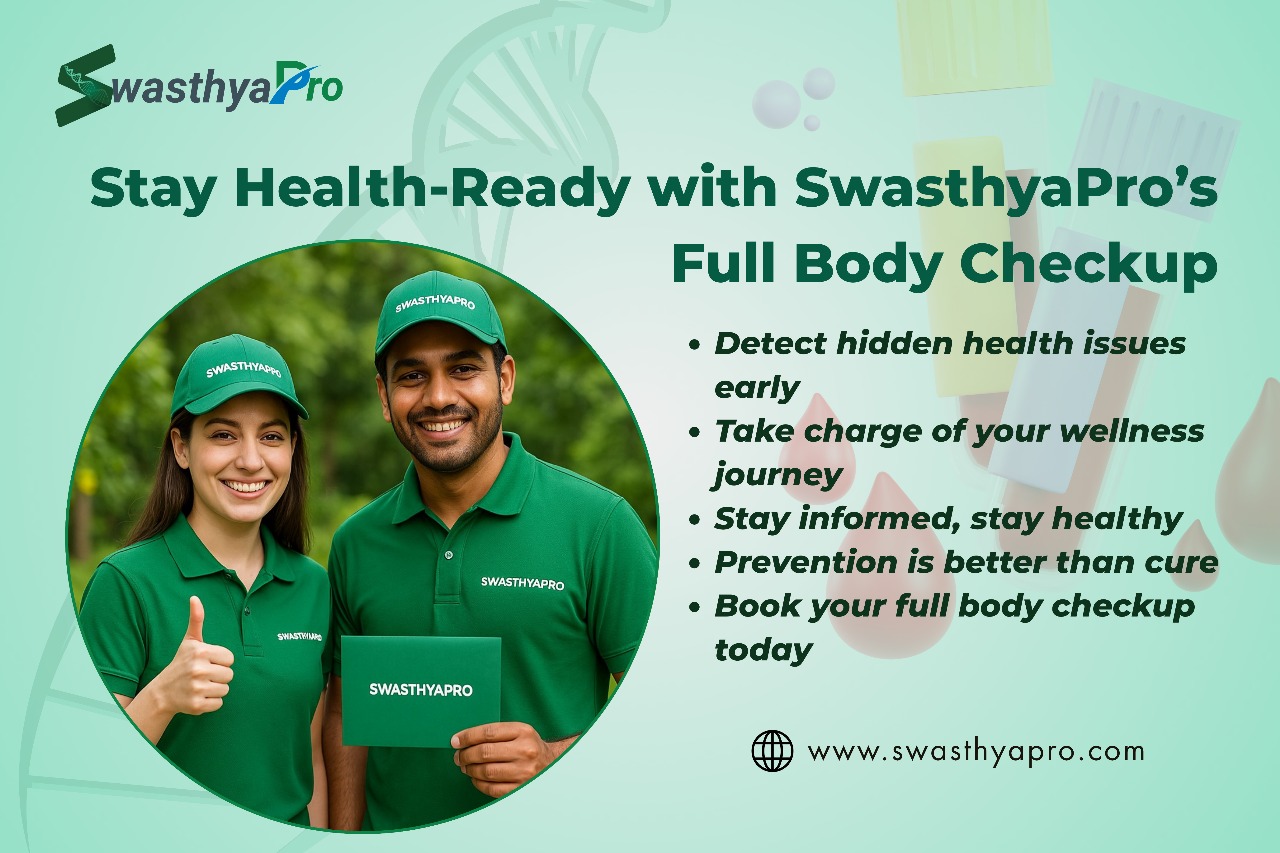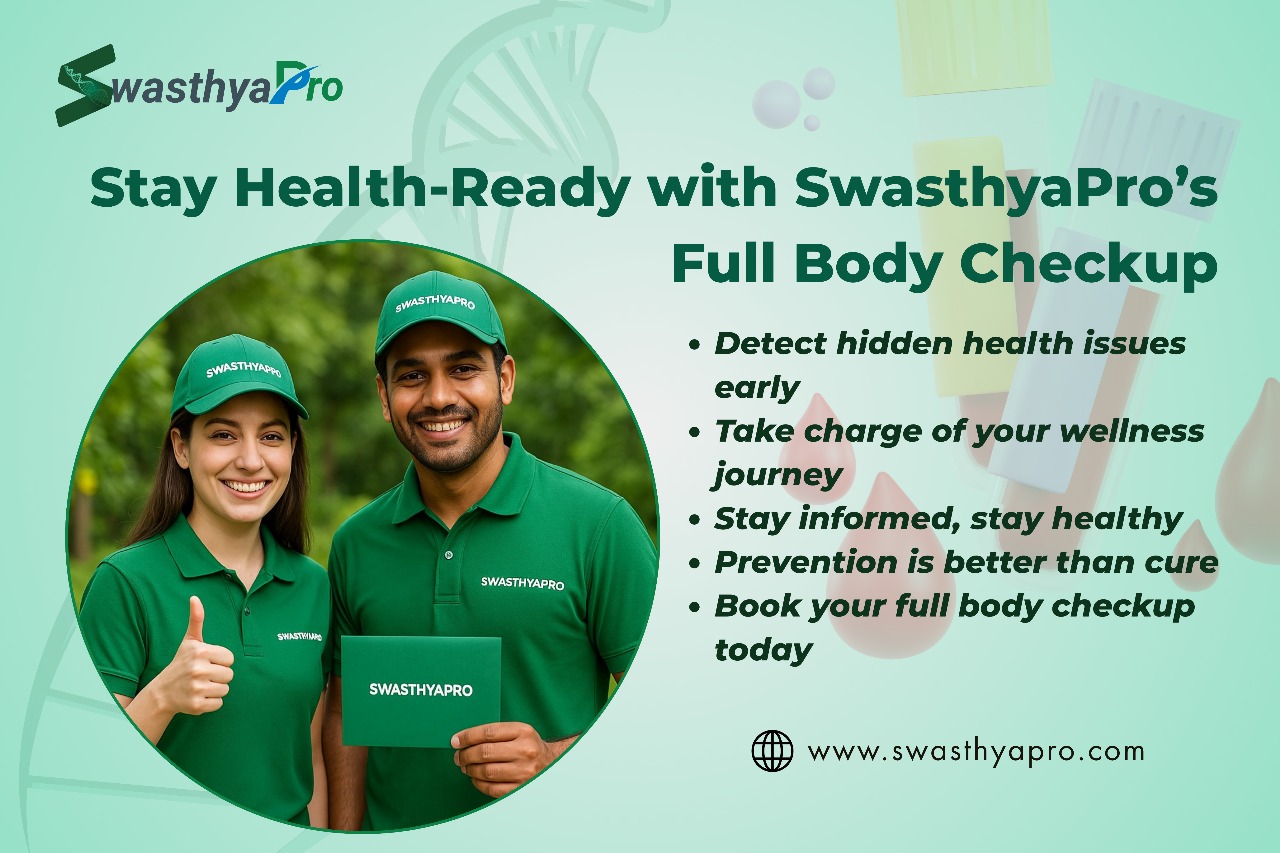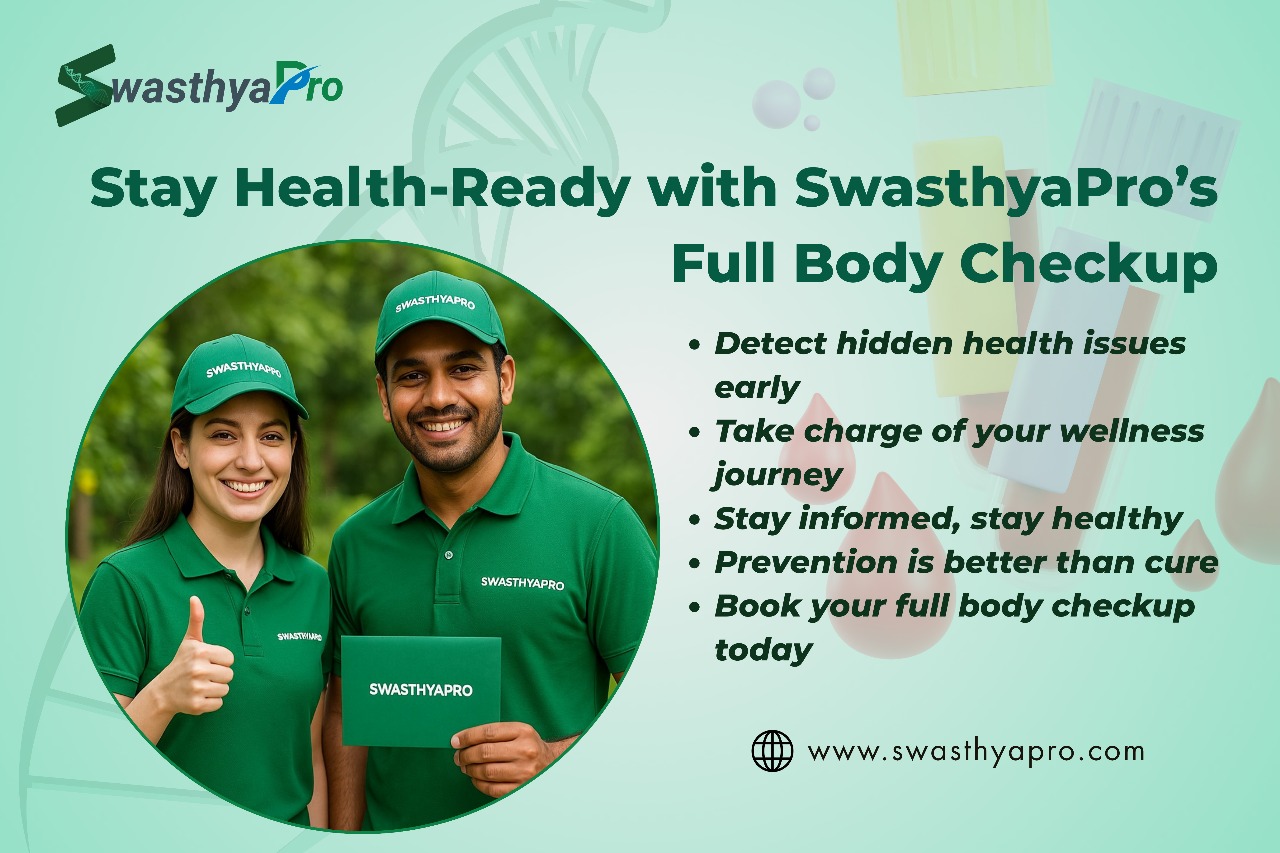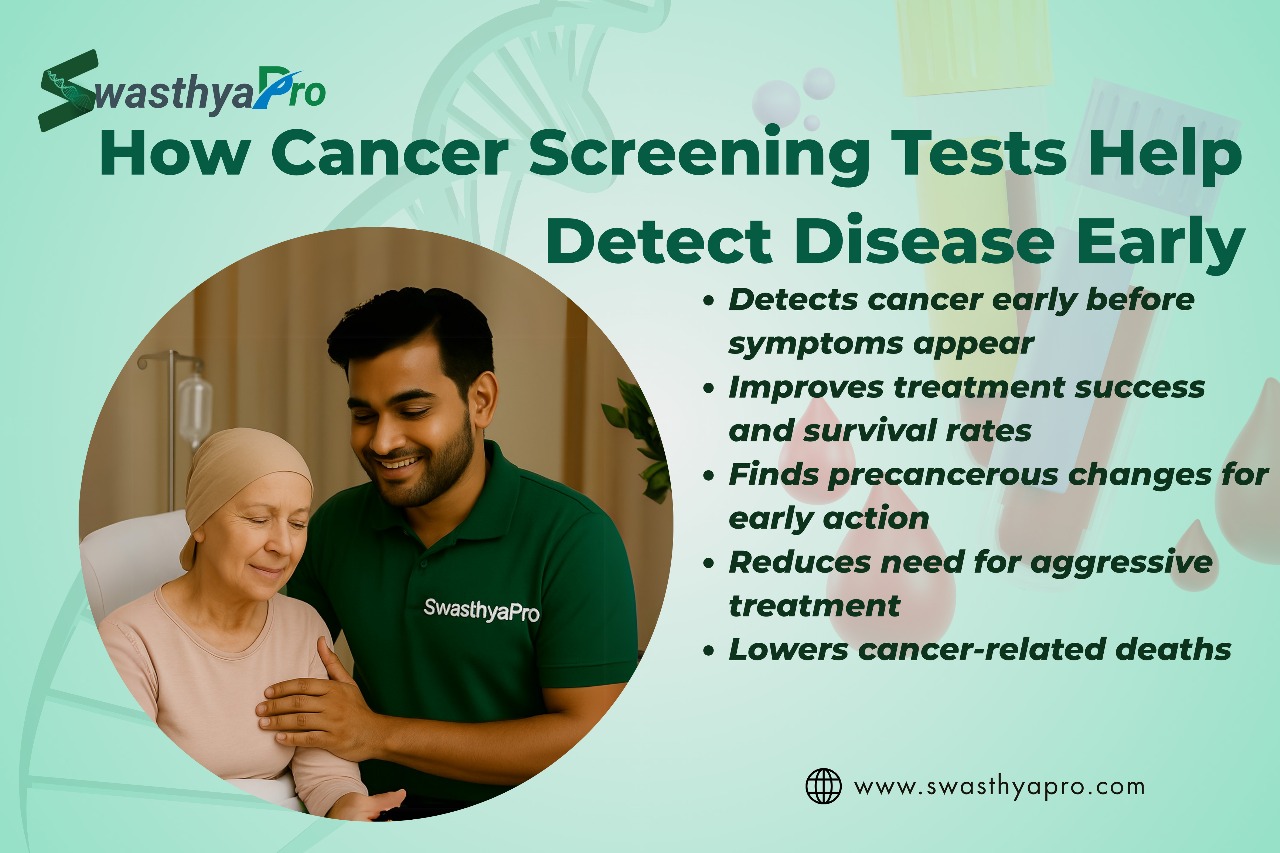When to Start Cancer Screening Tests: A Timeline for Preventive Health
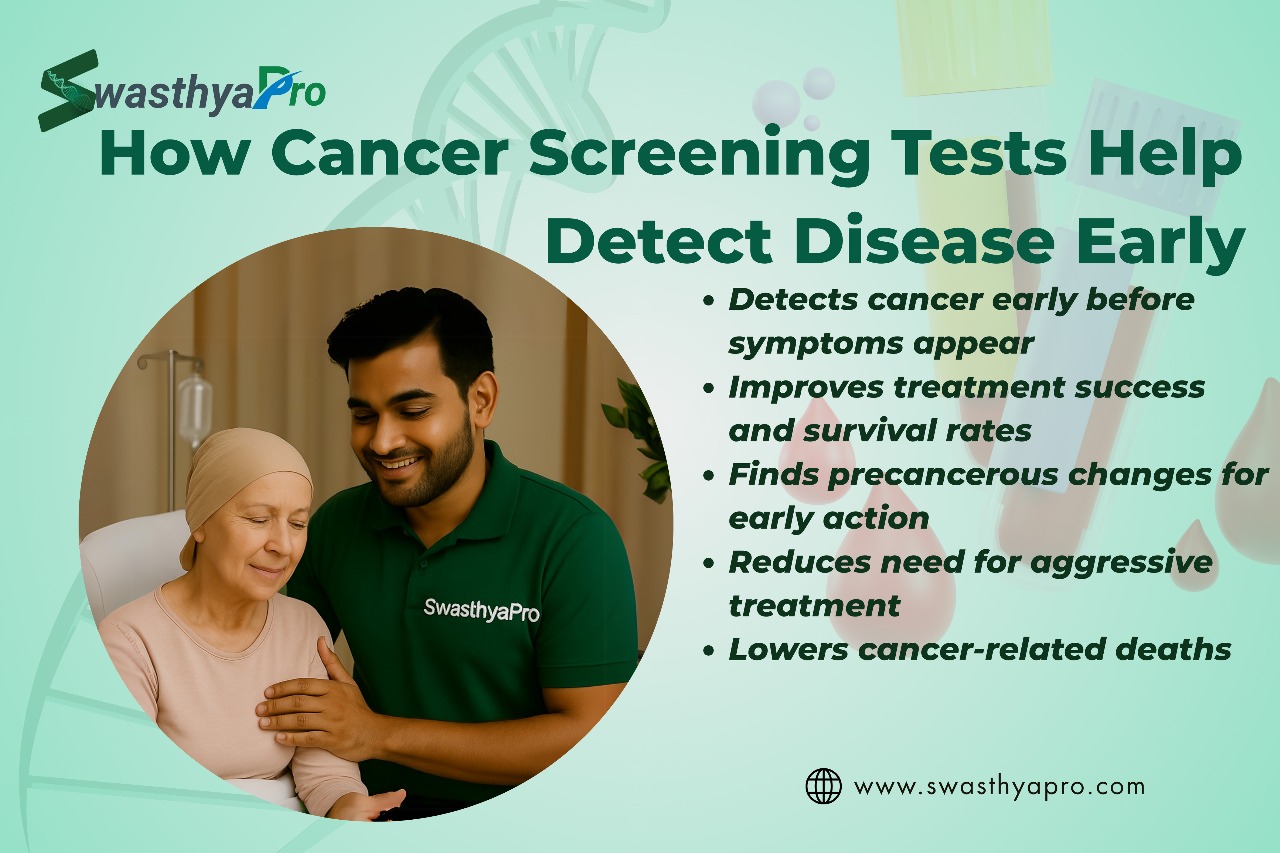
Strong 8k brings an ultra-HD IPTV experience to your living room and your pocket.
Staying healthy isn’t just about what you eat or how much you exercise — it’s also about getting checked at the right time. That’s where Cancer Screening Tests come in. These routine medical tests help detect cancer early, sometimes even before you feel the first symptom. But knowing when to start can be confusing.
In this article, we’ll give you a clear, age-based timeline to help you know exactly when to start Cancer Screening Tests — and why they matter.
Why Timing Matters
A Cancer Screening Test works best when it’s done before cancer spreads. If you start too late, you might miss the early stage when treatment is easiest. If you start too early, you might go through unnecessary tests.
That’s why health experts have set clear guidelines based on age, gender, and risk factors. Following this timeline helps you stay one step ahead.
Let’s look at when to start each major Cancer Screening Test, broken down by type.
In Your 20s
For most people, regular Cancer Screening Tests don’t begin in your 20s — but there are exceptions.
Pap Smear (Women)
→ Start at age 21.
→ Done every 3 years to detect early signs of cervical cancer.
Self-Checks (Men & Women)
→ Monthly breast or testicular self-exams aren’t formal Cancer Screening Tests, but they can help you become familiar with your body and notice changes early.
In Your 30s
HPV Test (Women)
→ Start co-testing (Pap + HPV test) at age 30.
→ Every 5 years, if results are normal.
Skin Check (All Genders)
→ Annual skin exams are encouraged, especially if you have fair skin or a family history of skin cancer.
This visual Cancer Screening Test can catch melanoma and other skin cancers early.
Age 40 to 49
This is when many Cancer Screening Tests begin — even if you feel perfectly fine.
Mammogram (Women)
→ Start at age 40, especially if there’s a family history of breast cancer.
→ Repeat every 1–2 years.
Prostate Cancer Screening (Men)
→ Start talking to your doctor about PSA blood tests at age 45, especially if you're African American or have a family history of prostate cancer.
Colon Cancer Screening (All)
→ New guidelines now recommend starting colorectal cancer screening at age 45.
→ A colonoscopy every 10 years or other stool-based tests annually.
Each of these Cancer Screening Tests can detect problems early, long before symptoms appear.
Age 50 to 64
This is a high-priority time for routine screenings — and possibly life-saving interventions.
Continue Colonoscopy & Mammograms
→ If you haven’t started yet, now is the time.
Lung Cancer Screening (High-Risk Individuals)
→ If you are aged 50–80, have smoked for 20+ years, and currently smoke or quit in the last 15 years — you qualify for a low-dose CT scan.
→ This Cancer Screening Test finds lung cancer early, when it’s still treatable.
PSA Test (Men)
→ Continue every 1–2 years if appropriate, based on your doctor’s advice.
Age 65 and Beyond
Cervical Cancer (Women)
→ If you’ve had normal results for the past 10 years, screening may stop after age 65. But always consult your doctor before skipping this Cancer Screening Test.
Mammogram
→ Continue every 1–2 years if you're in good health.
Colonoscopy
→ Continue until age 75, if previous tests were normal. After that, decisions depend on your overall health.
Prostate and Lung Screening
→ Continue as needed, depending on past results and your personal risk.
Even in older age, Cancer Screening Tests can still offer protection, peace of mind, and early detection.
Final Thoughts
You don’t need to be a doctor to understand your body — but you do need a plan. Knowing when to start Cancer Screening Tests puts you in control of your health, your future, and your peace of mind.
Don’t wait until something feels wrong.
A Cancer Screening Test is your early warning system — and timing is everything.
Talk to your doctor, mark your calendar, and follow your screening timeline.
Because when it comes to cancer, early is everything.
Note: IndiBlogHub features both user-submitted and editorial content. We do not verify third-party contributions. Read our Disclaimer and Privacy Policyfor details.



